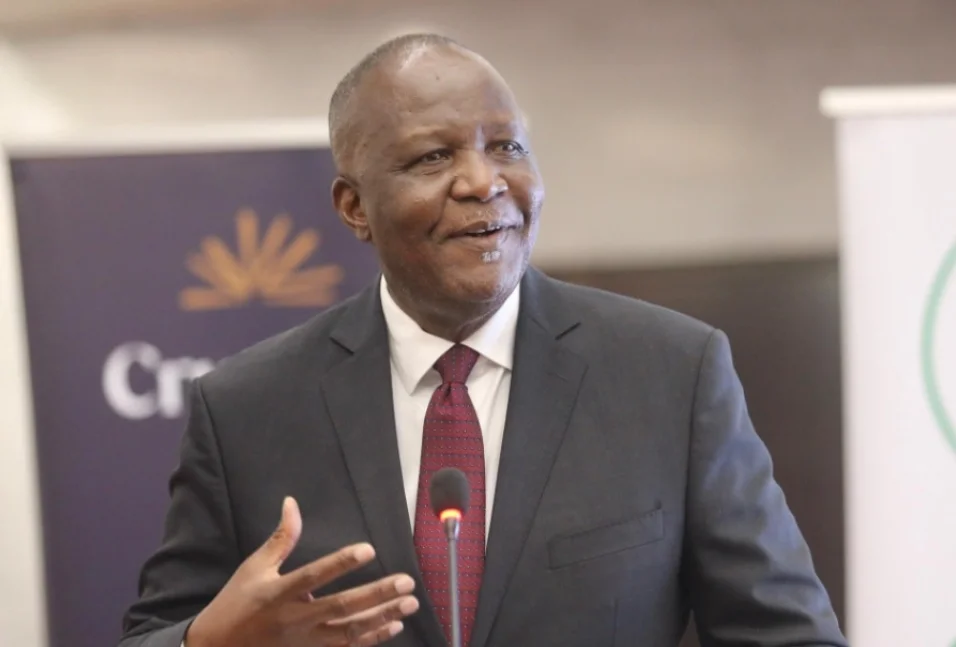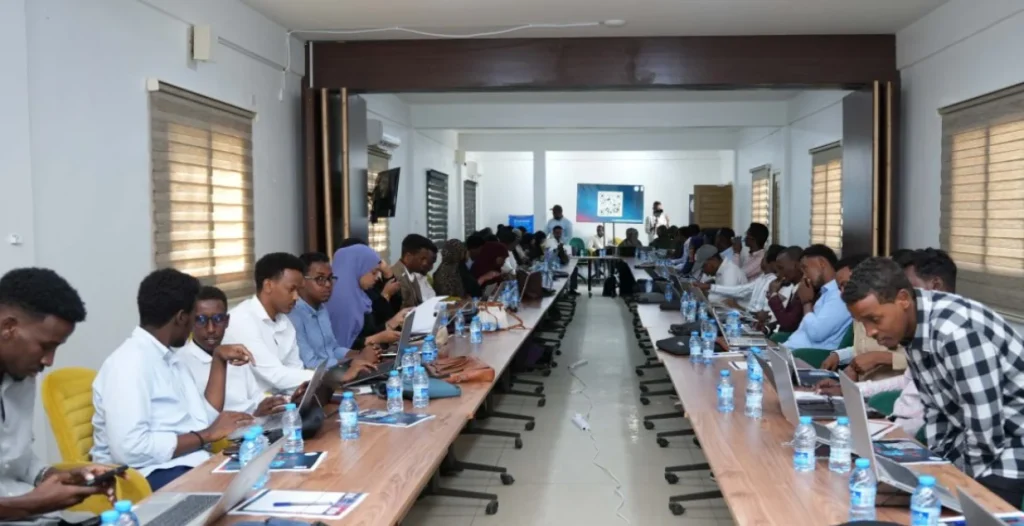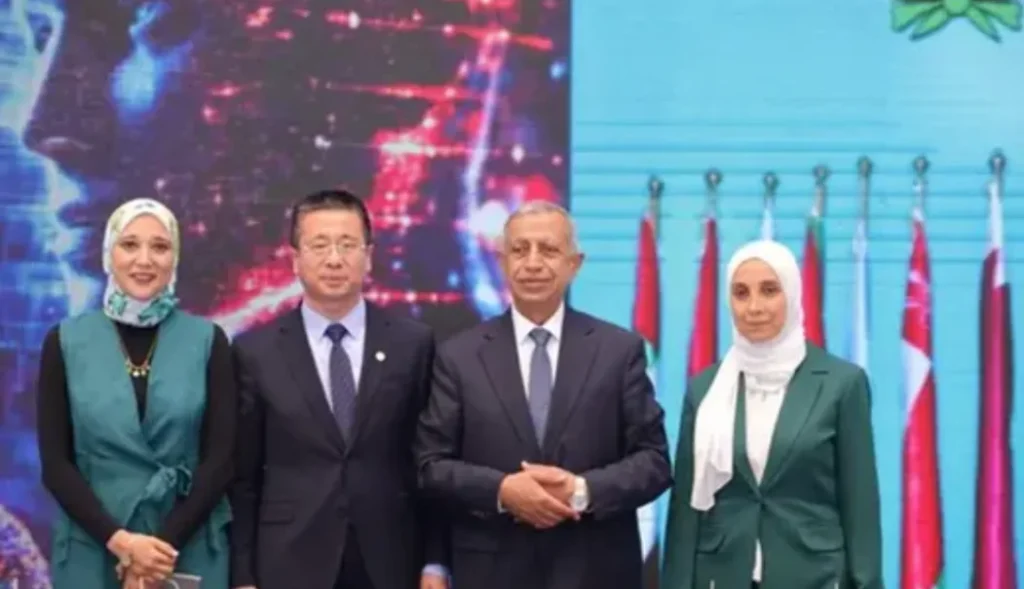Zambia Embraces AI and EdTech in Education
On August 27, 2025, the Ministry of Technology and Science, in partnership with the Ministry of Education, hosted the EdTech and AI Indaba at the Mulungushi Conference Centre in Lusaka. The high-level forum brought together government leaders, private sector partners, and development organizations to shape the future of education in the digital age.
The discussions focused on long-term challenges in Zambia’s education sector and how artificial intelligence (AI) and educational technologies (EdTech) can drive solutions to improve access, inclusion, and learning outcomes.
AI as a Tool to Support Teachers and Students
In his keynote, Hon. Felix Mutati, Minister of Technology and Science, emphasised that AI must remain a tool to support education rather than replace it.
“If used properly, it will deliver impactful results. AI can free teachers from administrative tasks, expand access to learning resources, and improve teaching effectiveness.”
By integrating AI into classrooms, Zambia aims to reduce teacher workload, enhance student engagement, and make education more accessible.
Zambia’s Digital Education Strategy
As part of its digital transformation agenda, Zambia is making significant investments in ICT infrastructure and connectivity:
- 5,000 computers to be delivered in 2025 by Zamtel and ZICTA
- 1,200 network upgrades planned by Zamtel between 2025 and 2026
- Parallel coverage expansions by MTN and Airtel targeting 96% digital connectivity by 2026
These efforts are expected to revolutionize access to digital learning resources across the country.
Partnerships Driving Education Innovation
The Indaba highlighted the role of public–private partnerships (PPPs) in scaling EdTech initiatives.
- ICT hubs were established in Itezhi-Tezhi, Chisamba, and Chongwe
- Collaborations included UNDP, Ecobank, and other partners
- Initiatives aim to expand digital literacy, STEM education, and access to smart classrooms
Hon. Mutati urged stakeholders to coordinate efforts to maximize resources and avoid duplication.
Education for Inclusion and Equity
Hon. Douglas Syakalima, Minister of Education, underscored the importance of inclusion in Zambia’s education agenda:
“It is better to bring two million children into school and later address delivery challenges, rather than leaving them on the streets.”
While connectivity in rural areas remains low at 50%, and fewer than 40% of teachers possess adequate digital skills, the government is committed to bridging the digital divide and ensuring equity in access to quality education.
Zambia’s Priorities for the Digital Education Era
Closing the Indaba, Hon. Mutati outlined three priorities for Zambia’s education transformation:
- Digital Equity – ensuring inclusive access across rural and urban areas
- AI as a Development Accelerator – using AI to improve teaching and learning outcomes
- Stronger Partnerships – aligning resources among government, private sector, and development partners
“The most powerful tools we can use to change the world are Education, Knowledge, and Power. AI, when properly applied, can unlock these tools to drive national progress.” – Hon. Felix Mutati
Key Takeaways
- Zambia held the EdTech and AI Indaba 2025 to advance its education sector.
- AI is seen as a support tool for teachers, not a replacement.
- The government is investing in computers, network upgrades, and nationwide connectivity.
- Public–private partnerships are central to scaling ICT hubs and digital learning.
- Priorities include digital equity, AI adoption, and strengthened collaboration.












